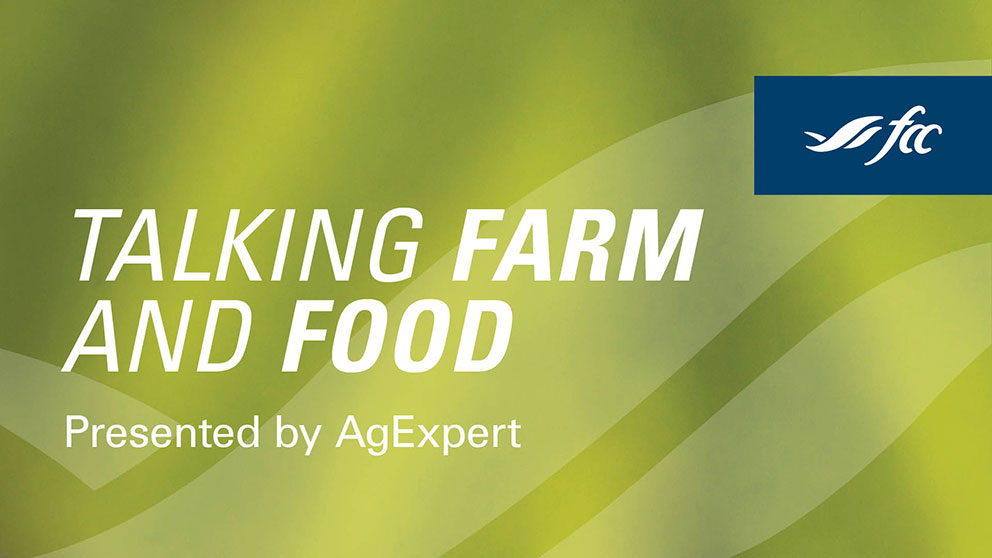Want a seamless farm transition? Ensure your will and business plan match

Ensuring the details of your will match your farm business plan is an important step that can save survivors stress and money. Inconsistencies could lead to tax and estate distribution costs and harm the longevity of the farm itself.
Critical communications
Pivotal to keeping details consistent in transition planning is openness and communication, says Joel Bokenfohr, an FCC Business Advisor. Problems can arise when one of the groups involved doesn’t share their expectations, requirements and other considerations with those participating in the process.
The outgoing generation, for example, might plan to evenly split a farm property between multiple children. However, if one child is significantly more involved in the farm than their siblings, they may expect to receive a larger share of the farm operations. If the will and the business plan differ, it could be a startling discovery.
“We still see instances where someone wants to avoid the will discussion and wants to take a simpler approach by making everything equal,” Bokenfohr says. “If it’s not communicated, the next generation is making future business plans of their own, and now they’re in a position where they have to rebuy the farm or assets.”
Unexpectedly leaving everything to one child is equally problematic if the plan hasn’t been communicated. Doing so leaves family members in an uncomfortable — and potentially confrontational — position, wondering why the choice was made. Even if you decide to leave everything to one person to keep the farm business viable, you lose the opportunity to get everyone on board if you don’t discuss it first.
Wills are important for younger generations as well.
“All partners in a business should have a really good conversation on what happens to shares of a company, maybe a land base, while making sure that person is looking after their beneficiaries as best they can,” Bokenfohr says. Planning tools to help farmers with business plans and transition should be shared, discussed and updated as the farm changes.
Avoiding extra costs
Disparity between wills and business plans can easily add up to large legal expenses.
Ray Riel, farm transition manager and financial planning expert with Advice Only Financial Group in Saskatchewan, agrees and adds that disparity between wills and business plans can easily add to large legal expenses, often paid for by the estate.
Tax minimization strategies and estate administration expenses can also be compromised. Added accounting, legal expenses and lost time, can be incurred in untangling the estate. That can halt business decisions and transition plans and delay business opportunities and the distribution of assets to family members.
Be proactive
Riel lists several practical steps to help match a will and a business plan while ensuring a smooth process.
Engage professionals with experience and knowledge working with the agriculture sector. Accountants and transition specialists can help find people if required.
Review your will, business and transition plan with the appropriate advisors and the designated executor. If it’s complex, arrange a joint meeting with your executor and advisors.
Review ownership and beneficiary assignments of all life insurance policies. Do this with insurance agents as well as financial advisors.
With non-farming children, review core elements of your will that impact them, your intentions of preserving the family farming legacy and the actual succession strategy.
Prepare a binder containing a copy of the will, the location of the actual will, insurance documents, power of attorney, healthcare directives, investments and contact information for advisors. Also, tell the executor where the binder is.
Ensure the executor is willing to take on the role, that co-executors are appropriately selected, especially if they live in another province or country, and that the executor is supported. This can include providing the executor with executor insurance, payment for duties and access to supporting advisors.
Check out these resources for more will and business planning advice:
Article by: Matt McIntosh

In this episode, Marty talks to lawyer Eric Dalke about the importance of having a will and family communication in farm transition.
